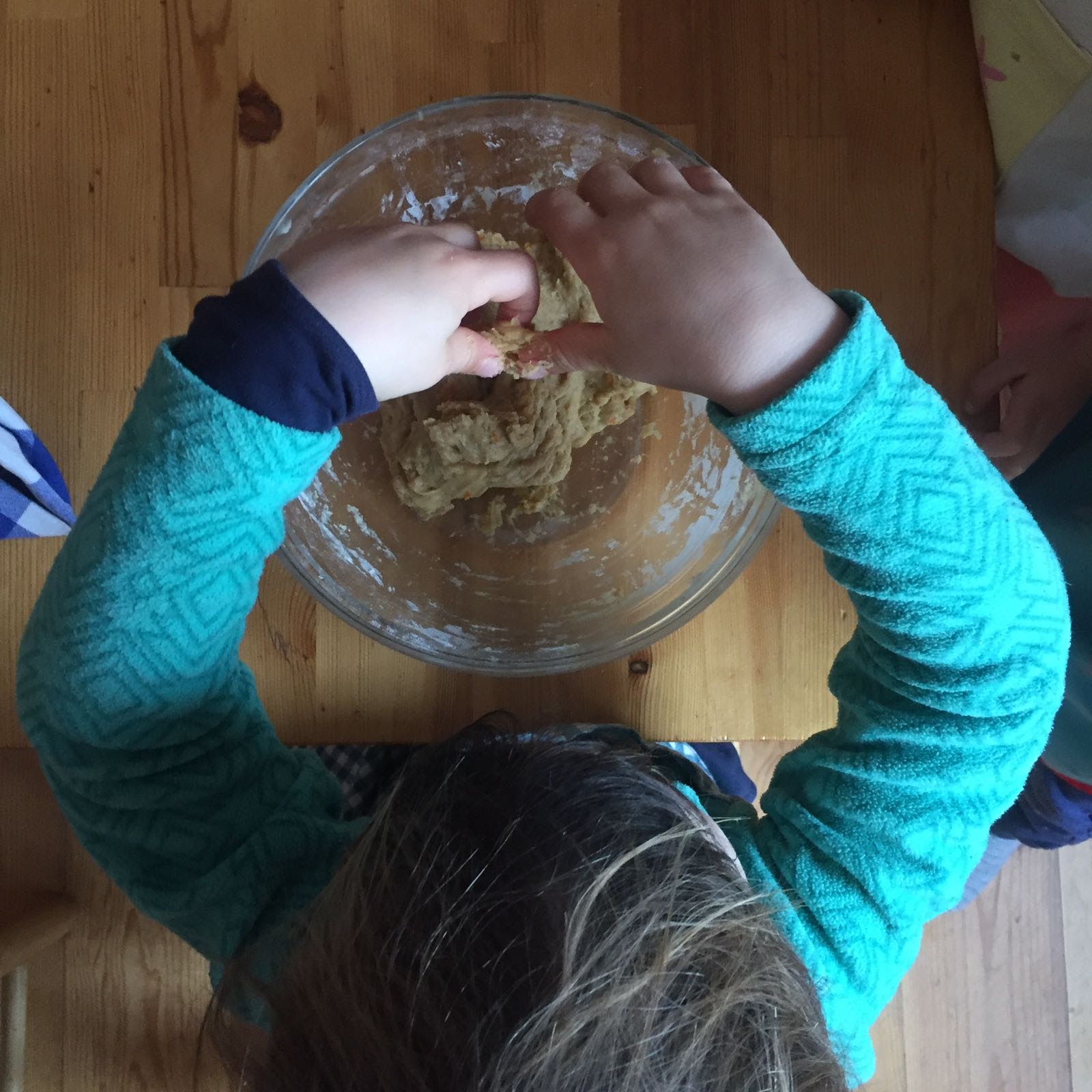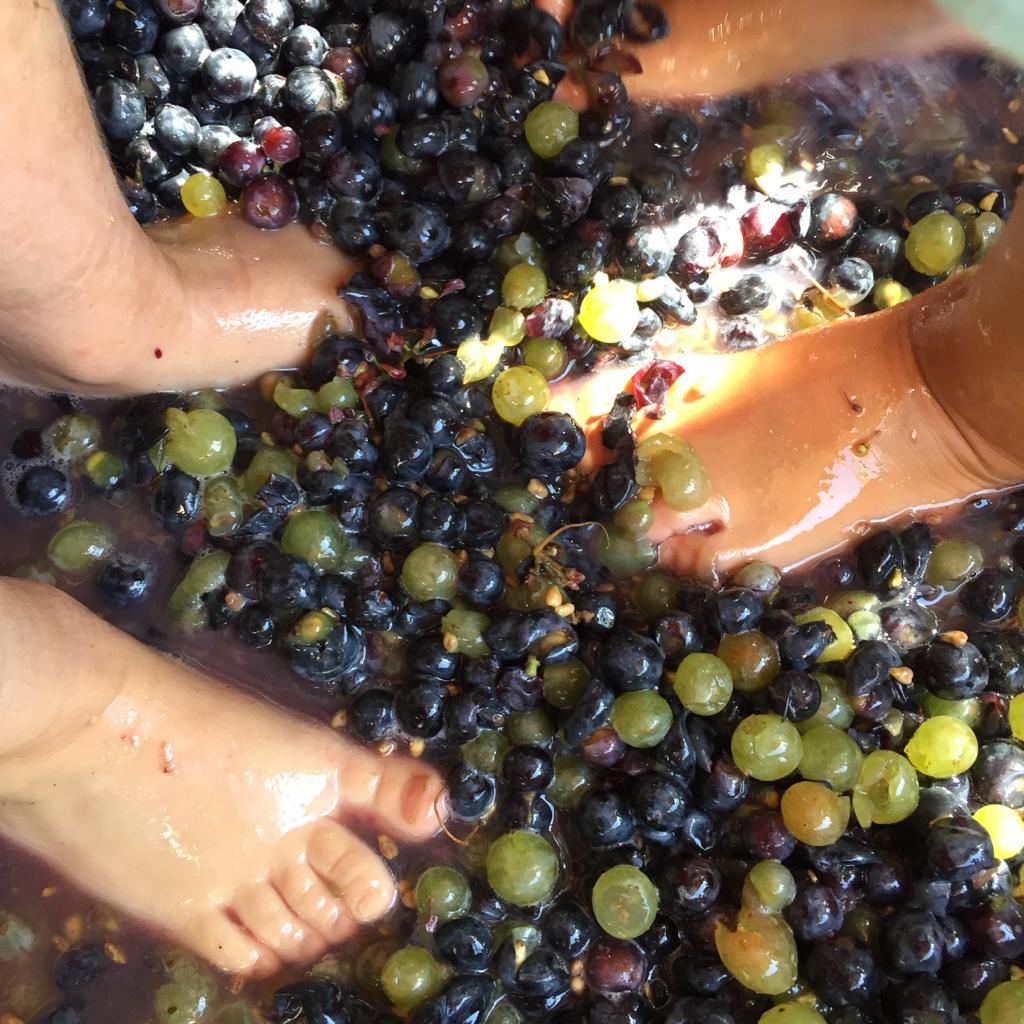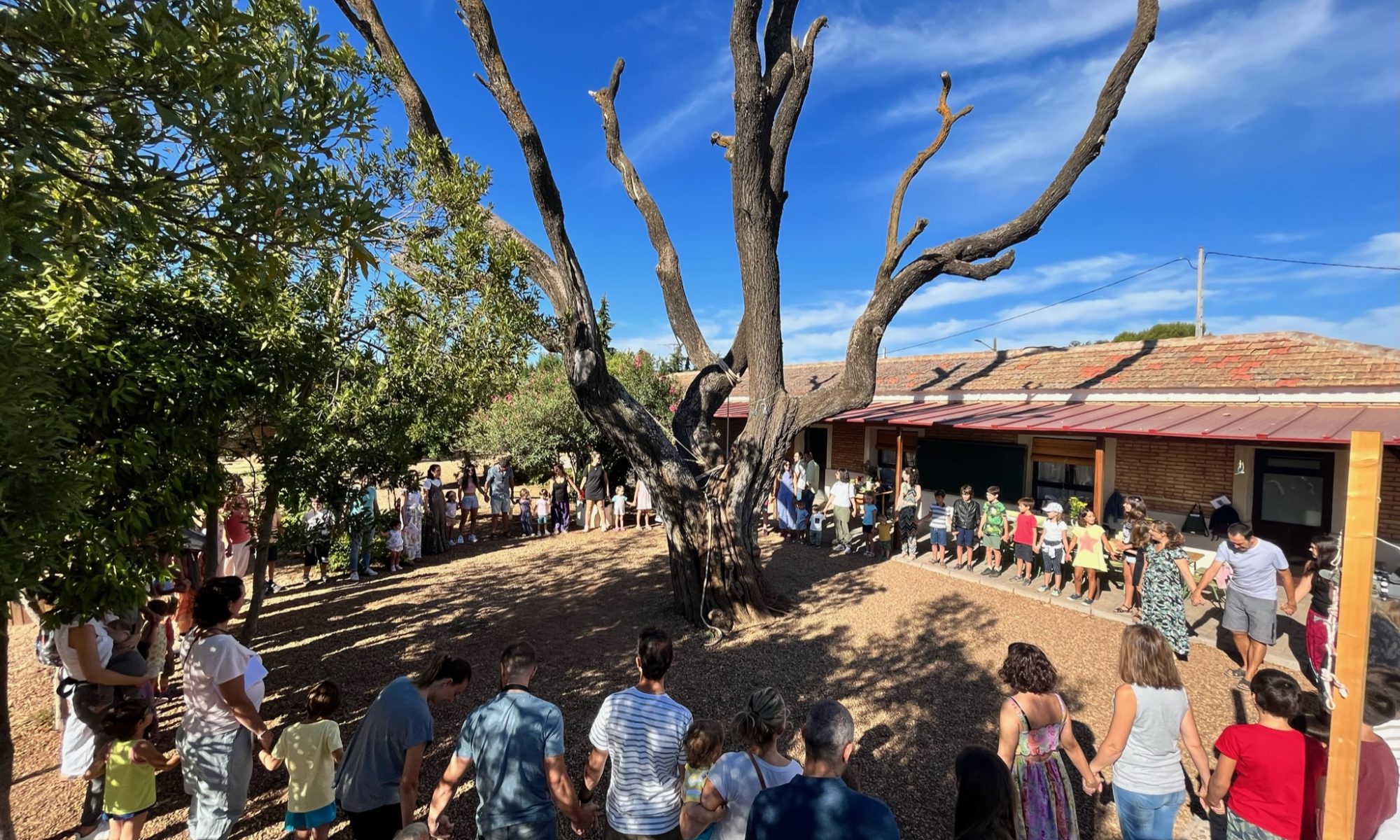The main objective of Waldorf Pedagogy is to respect the maturing process of each student and to balance and promote their intellectual capacities, their artistic sensitivity and their willpower to achieve the skills that, as an adult, allow them to respond to the challenges of life and to bring new ideas and projects to the future society.
The beauty of the Waldorf curriculum lies in that it offers a whole range of content, themes, internal and external experiences, which speak to the child at the stage in which he is. Each child will, of course, respond individually, but they will all be fueled by the wide range of themes, and if the texture, the detail, are rich enough, each will find what they specifically need.
Hundreds of existing schools in the world work with the Waldorf Methodology, both in private, approved and recognized schools, and in public schools (Sweden, USA, Finland, Switzerland).
These schools in the countries of Northern and Central Europe and in other countries are subsidized. All of them carry out a pedagogical ideal based on respect for each individual and teachers, as well as permanent collaboration between the school and families.
His didactics focuses on the creativity of the teacher, based on the personal permanent investigation of the child’s evolutionary process. The educational projects and programs of the Waldorf Educational Centers have their own methodology but also include the objectives and content indicated by the Ministries of Education of the different countries.
It is a Pedagogy recognized by UNESCO for coinciding with its ideals and ethical principles:
TO LEARN TO KNOW
TO LEARN TO DO
TO LEARN TO LIVE TOGETHER
TO LEARN TO BE.
Respect for the maturational and emotional rhythms of each child.
Providing the harmonious development of children so that they develop as a whole, balanced and safe person.
1. A school open to nature.
A space of calm and serenity where to unfold your imagination, simple toys with warm and natural materials.

2. Promoting the full development of children.
Development of skills through manual art work and daily contact with the environment.

3. Favouring the integral development of the child.
Development of skills through manual art work and daily contact with the environment.

4. Families.
Parents are integrated into the school to self-manage it with teachers and coordinate in the educational process of their children.

Full and true education has to go through three necessary phases:
LIVE / EXPERIENCE
FEEL
THINK
You can find more information in this film, which was created by Waldorf Schools in Spain to celebrate 100 years of the creation of Waldorf Pedagogy.


